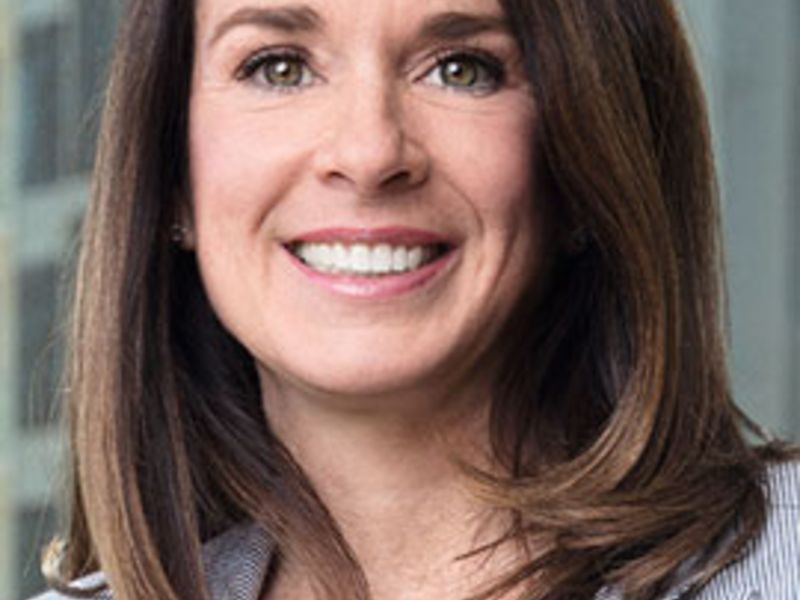
Ally Financial Inc., one of the largest U.S. auto lenders, is navigating the coronavirus pandemic in a much tighter ship than during the 2008 financial crisis.
A perfect storm of rising unemployment, uncertainty over consumer credit metrics and spiking infection rates in many areas of the country point to rougher waters ahead.
Jenn LaClair, CFO at Ally, spoke with Staff Reporter Jackie Charniga about the current state of the company’s portfolio, how automotive loans and leases are performing during the pandemic and her No. 1 fraud concern. Here are edited excerpts.
Q: How many auto accounts at Ally are in forbearance status right now (July 17)?
A: It’s 1.3 million accounts, which reflects approximately 30 percent of our retail auto accounts. Thirty percent of those were scheduled to expire this quarter. We have another 70 percent scheduled to expire next quarter. The next couple of quarters are going to be really telling just in terms of the payment health around our deferral population.
If you look just within the current quarter, you can see the consumers benefiting from the forbearance programs as well as from stimulus. And so you see, [net charge-offs, or debt unlikely to be repaid], even in this unprecedented stress of unemployment in the teens, you see net charge-offs coming down. The consumer is benefiting from the stimulus relief, unemployment benefit expansion and forbearance. That being said, what we’ve seen from a payment perspective overall has been pretty healthy with the consumers … about a quarter of them are continuing to pay.
Q: Do auto loans in forbearance status accumulate interest?
A: Yes. If I took a 120-day deferral, I would continue to accrue interest, and I’ll tack on 120 days to the length of my vehicle contract.
Q: From a risk management perspective, what’s your order of concerns when it comes to new auto loans and leases? Is it confirming consumer employment, scaling fraud attempts or confusion with the uptick in forbearance programs?
A: There’s probably one big one that’s overwhelming all the others, and that’s employment level. We’ve shifted to more manual underwriting because we’re doing much more extensive employment verification. In fact, we’re seeing in the order of operations for a consumer that cars are kind of off the charts in terms of importance from a payment perspective. The overarching risk we have is that our consumers become unemployed. That’s really where we’ve really tightened up the underwriting, tightened up our process to make sure that we can verify income. We haven’t seen any huge spikes in [fraud]. But we take a lot of measures through dealer audits to make sure that we’re managing fraud. The real risk here is around credit, and that’s related to unemployment.
Q: What other changes have you made during the pandemic to ensure customers are paying their auto bills?
A: The operations team and our digital team have done just a phenomenal job rolling out digital tools so customers can go online, see exactly when their payments are due. They’ve augmented texting capabilities. And the consumer outreach and engagement has been at an all-time high. These deferrals are people who typically don’t take deferrals. They typically are never delinquent. And so we have a population of consumers that want to do the right thing, and we, I think, have done a great job to date educating them around what they need to do around their payment to stay current.
Q: When we look at who has been impacted most by this pandemic, certain sectors of the economy — service and entertainment industries, transportation and hospitality — have been hit hardest. Compared with the financial crisis in 2008, the spread of the virus is reaching different employment types. How does Ally take those changes into consideration when decisioning auto loans?
A: We have to be careful with fair lending laws, I would say first and foremost, but we have curtailed some of the riskier application flow that’s come in. Early in Q2, our approval rates dropped about 10 percentage points from 35 to 25 percent. And that was due to just making sure that we were staying within our buy box and curtailing some of the riskier segments. But above and beyond that, we’re not doing any kind of specific demographic or industry screens.